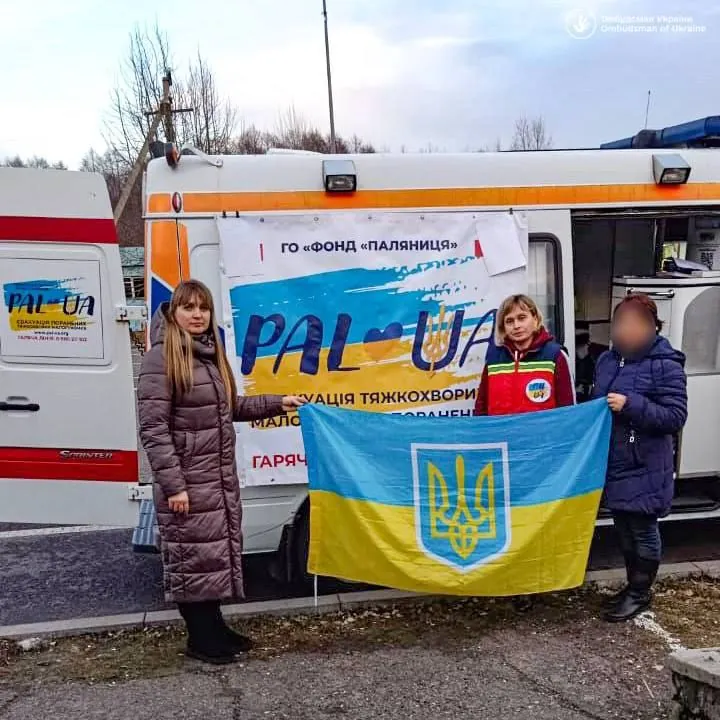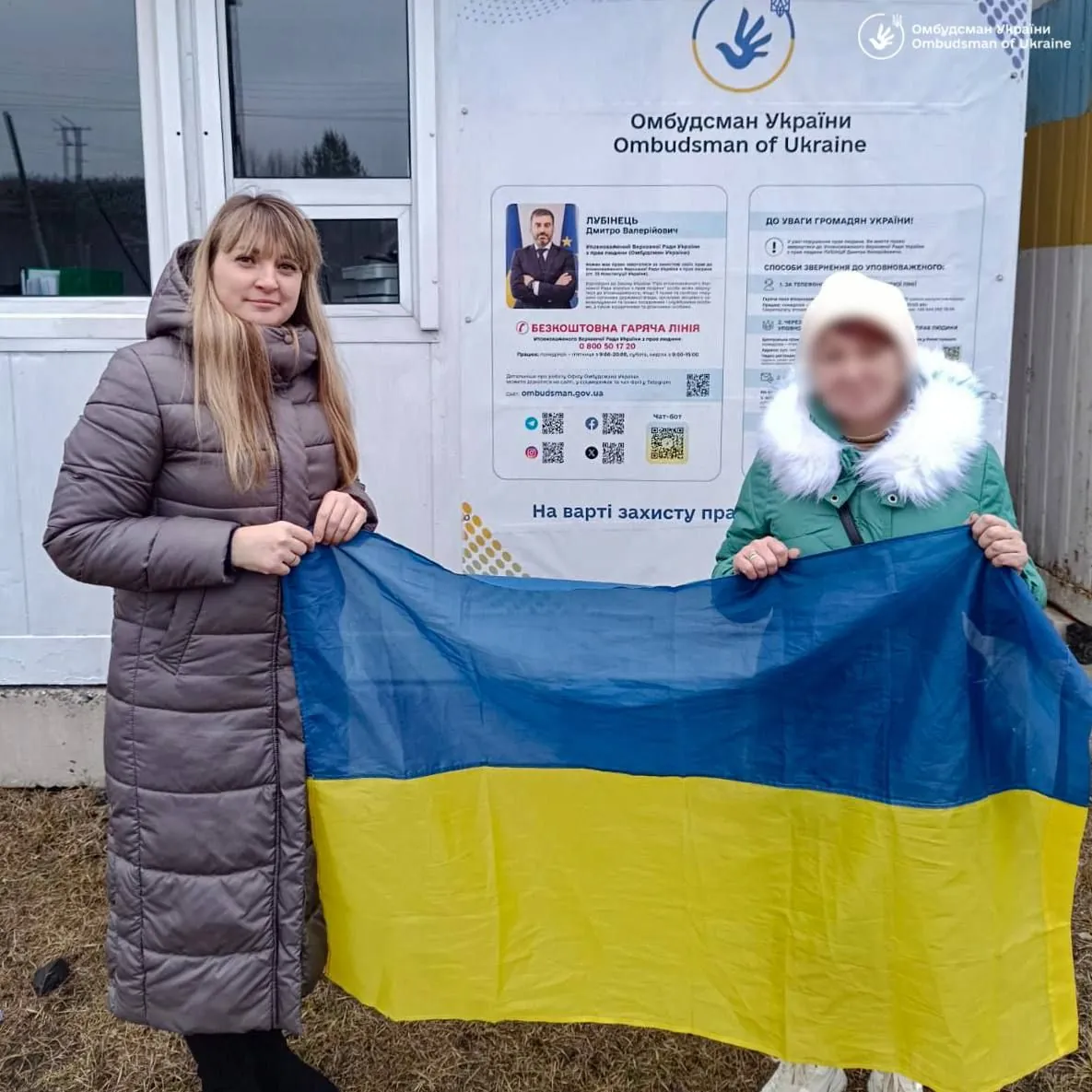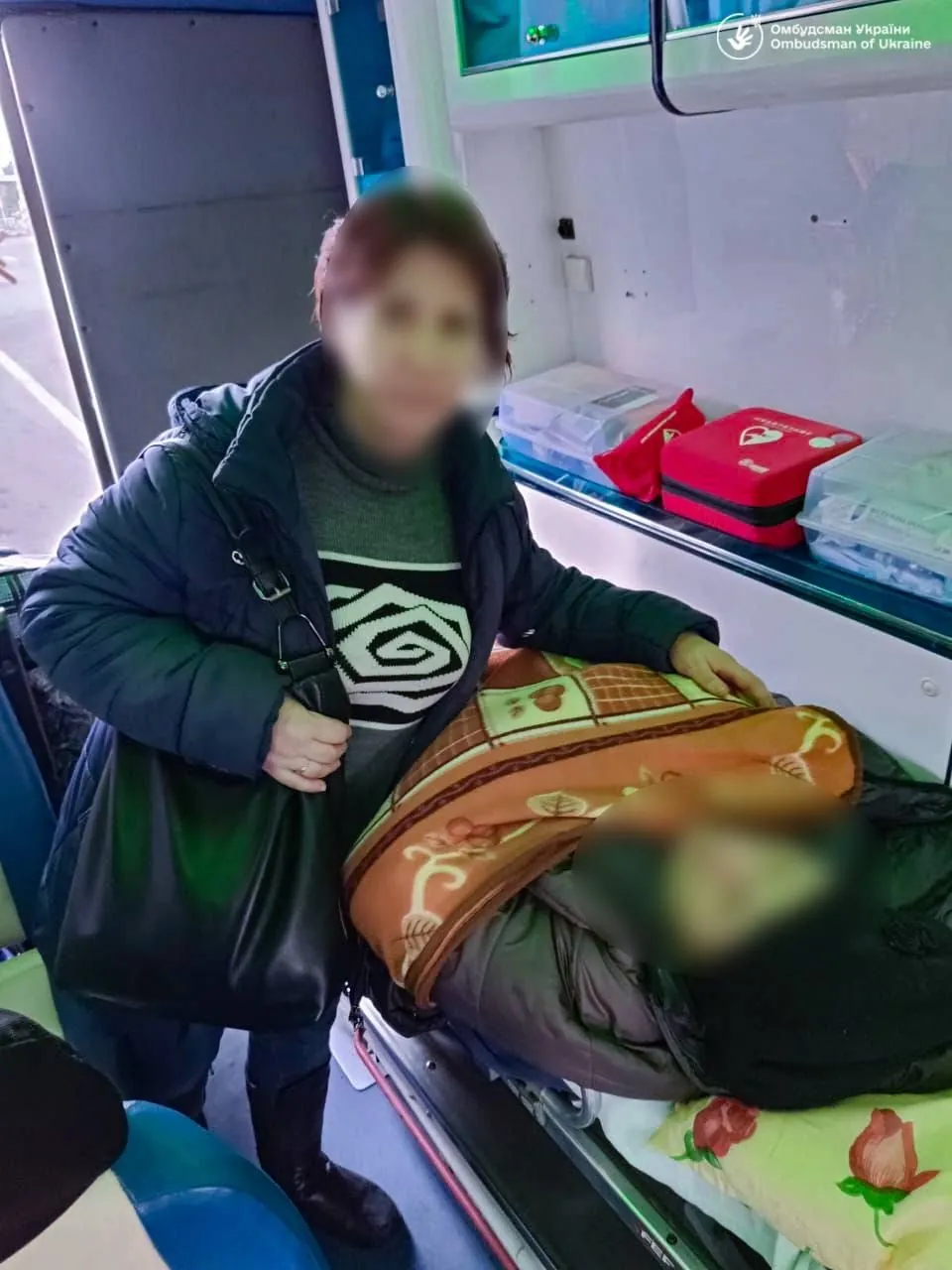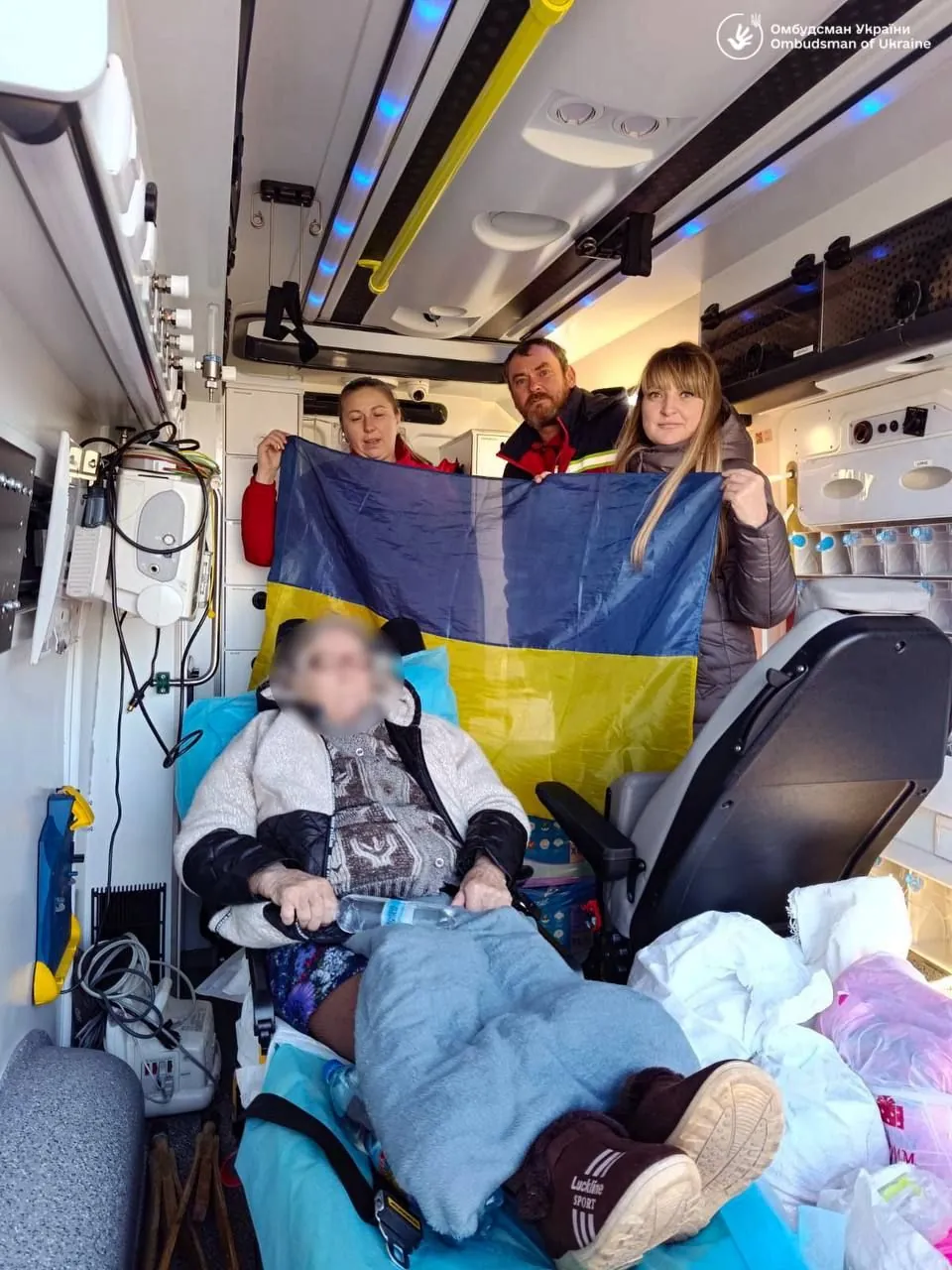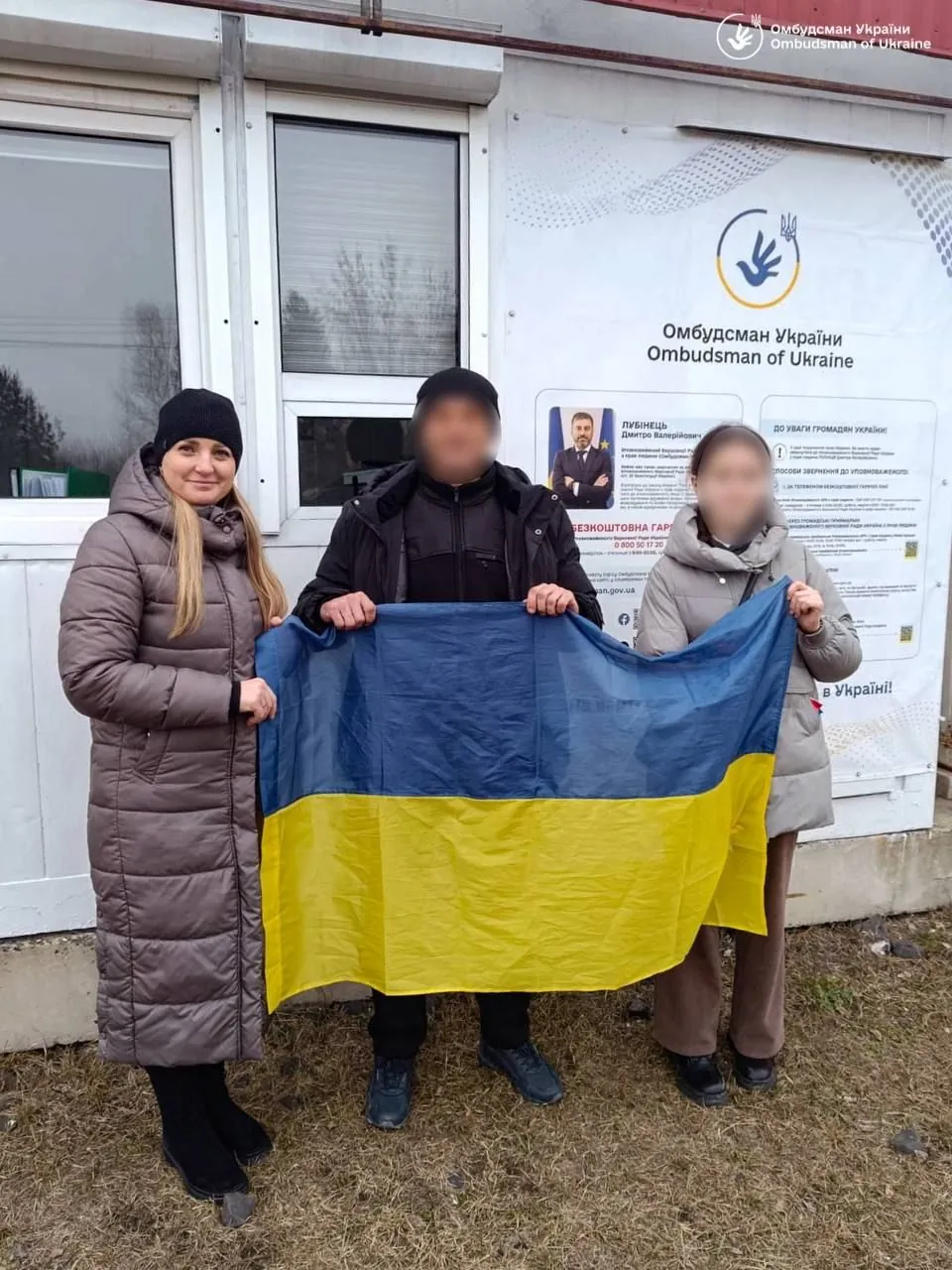Ombudsman: 17 more Ukrainians leave occupation and deportation
Kyiv • UNN
Since the beginning of 2025, 17 Ukrainian citizens have been evacuated from the occupied territories. Among the evacuees are women with limited mobility, a deported grandmother, a persecuted family, and others who needed urgent assistance.

Since the beginning of 2025, 17 Ukrainian citizens have been evacuated from the temporarily occupied territory. This was reported by the Verkhovna Rada Commissioner for Human Rights Dmytro Lubinets, UNN reports.
"Thanks to the coordinated work of our Office, government agencies, humanitarian organizations and international partners, 17 Ukrainian citizens have been evacuated from the temporarily occupied territory since the beginning of 2025," Lubinets wrote.
According to him, among the evacuees are:
- a family from Kherson region who lost their home after an enemy shelling;
- four women with limited mobility, for whom special evacuation conditions were provided, including ambulances and professional medical support;
- An 87-year-old grandmother who was forcibly deported to the Russian Federation, where she was left without proper care and the opportunity to receive life-saving medical care at her age;
- a father and his child, who were forced to live under occupation, were persecuted because the mother of the family was in enemy captivity of the aggressor state, and were able to leave safely only after her release;
- A 19-year-old girl who, despite the difficulties of the occupation, decided to return to Ukraine to continue her studies and build her future on her native land;
- an elderly couple who could not leave on their own due to fear of being subjected to filtration measures and danger from the aggressor state;
- three women, one of whom could not return to Ukraine due to the loss of her documents.
Ensuring safe exit is a key priority for us, as the way to the government-controlled territory is complicated and requires clear coordination and compliance with all necessary measures. Leaving the temporarily occupied territory is essential to avoid threats to the lives and health of citizens who are often subjected to persecution, pressure and restrictions by the occupation authorities
